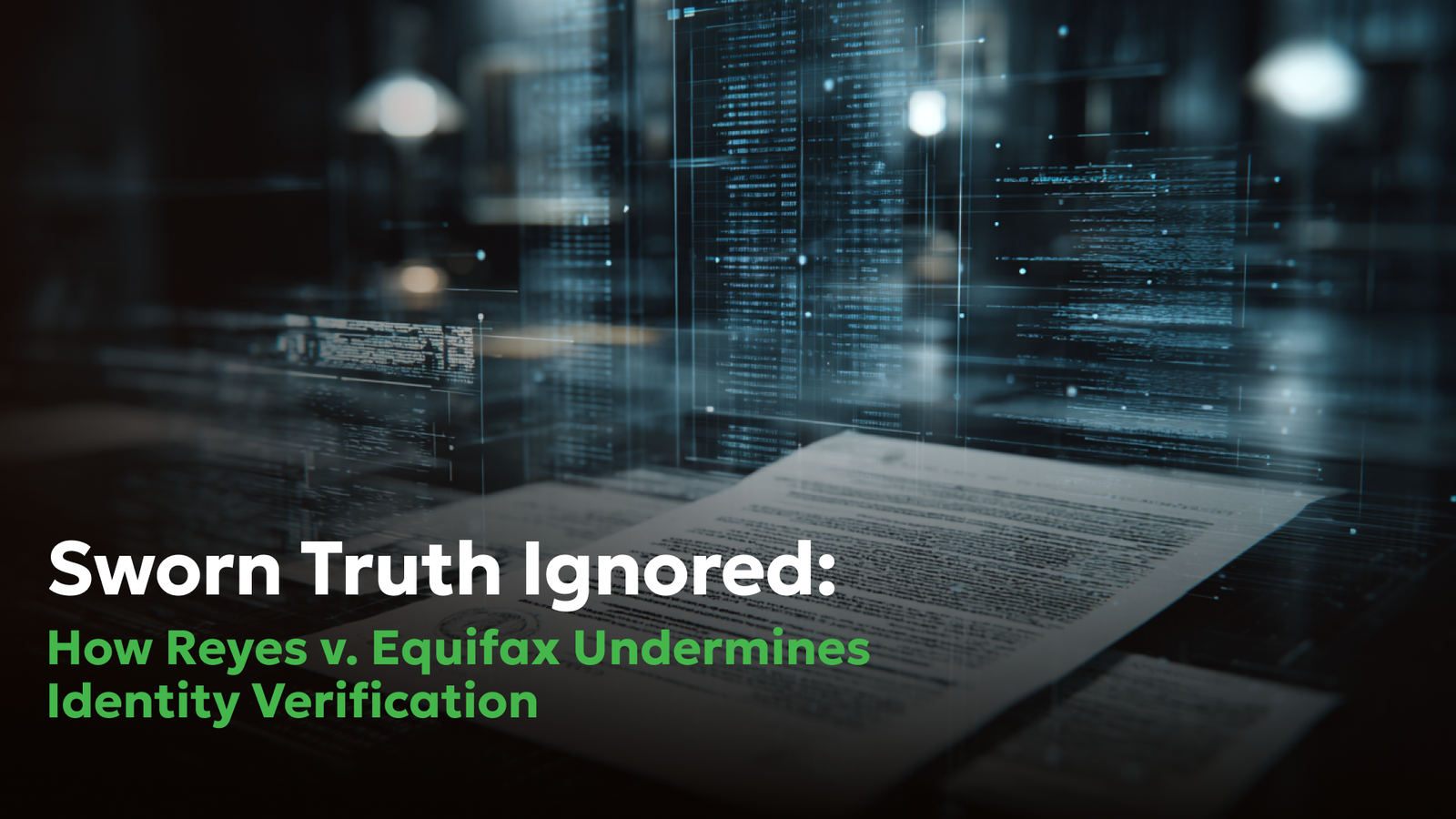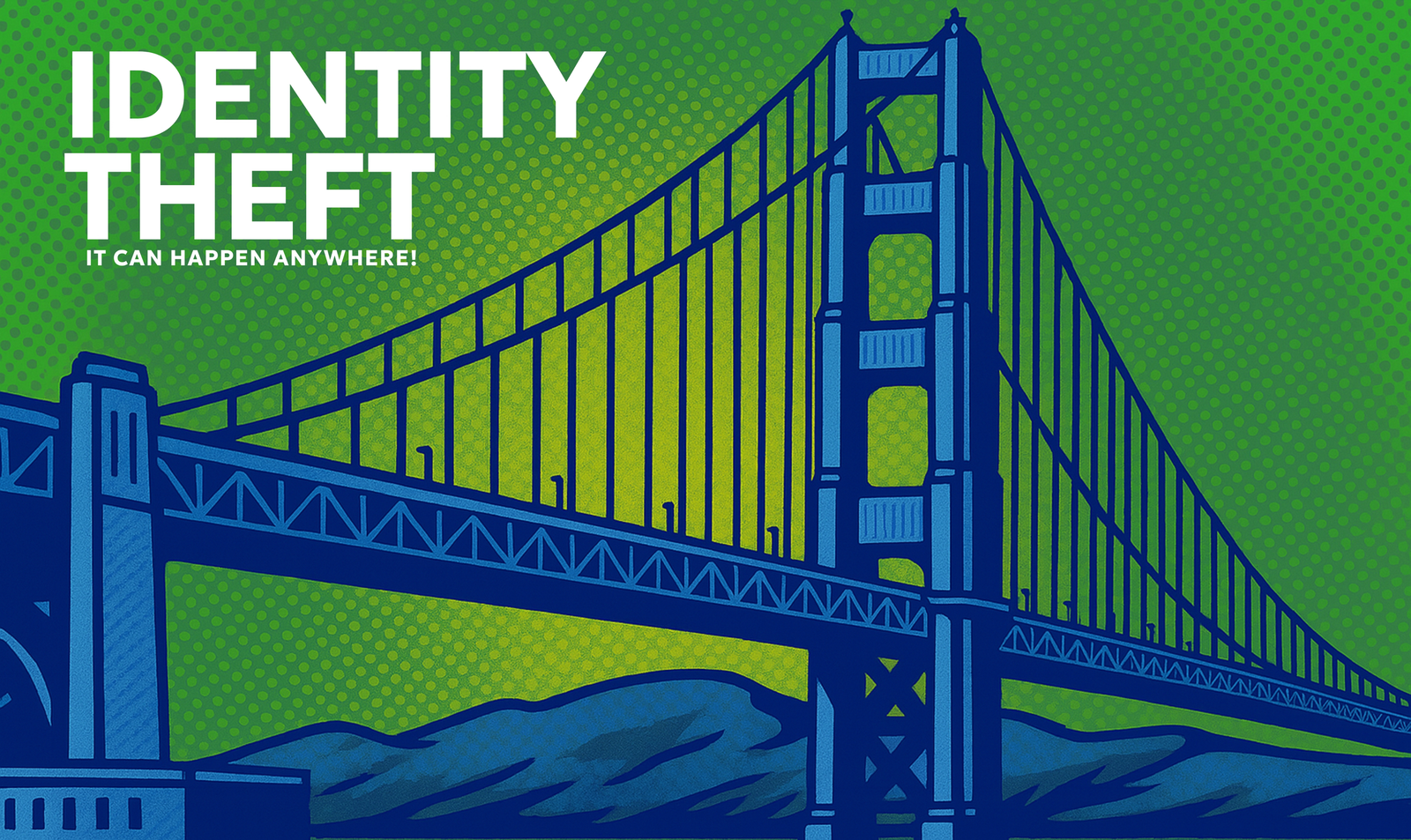Are Debit Cards Protected from Fraud
- Blog
- Credit Report Identity Theft
Are Debit Cards Protected from Fraud

Consumer Attorneys Uncover Risks Associated with Debit Card Fraud and How You Can Prevent Being Victimized!
Credit card fraud can steal your peace of mind and a piece of your life. In this guide, we will share the risks faced by debit card users, options for safeguarding your accounts, and examine how Consumer Attorneys can help you protect your hard-earned money!
Are debit cards secure from illegal activities? The risks associated with debit cards have become more prevalent in recent years since fraud cases have been on the rise. Many people believe these cards are safe and some people believe they are unsafe. In this guide, we examine the strengths and weaknesses of debit cards. We will explain the reasons why some debit card users face increased fraud risks. Additionally, we will guide you on what steps to take if you become a debit card fraud victim.
Many people use debit cards for everyday purchases, so it is important to understand whether or not they offer a level of protection against fraudulent activities. Many people ask themselves "Are debit cards safe?" That's a good question that we will help you answer.
Another question is, "Are debit cards protected against fraud?" Using your debit card safely will offer you some level of protection against fraud. Most banks and financial institutions have systems to detect and prevent transactions. For instance, many banks protect customers from charges if they report fraud promptly.
Although there is some recourse for fraud if detected early, you should still be aware that debit cards generally do not provide the same level of protection against fraud as credit cards. Credit cards have laws for liability limits on unauthorized charges, the liability associated with debit card use depends on how quickly you report the fraud. The federal Electronic Funds Transfer Act (EFTA) protects consumers who dispute charges. To be protected under the EFTA, specific procedures and timelines must be followed, so acting swiftly is crucial. If you don't report fraudulent activity promptly, you could be held responsible for part or all of the charges.
While debit cards can be safe if used responsibly and with precautions, they carry consumer risks compared to credit cards.
People must consider these factors and choose their preferred payment methods, considering their specific needs and how much risk they are willing to tolerate. Let's dive deeper into this.
Debit Card Main Weaknesses
Lack of Built-in Protection. Some people view debit cards negatively because they risk fraud due to the absence of built-in security measures. Unlike credit cards that often contain features like transaction alerts for amounts or flagging purchases far from the cardholder's location, debit cards may lack these safeguards. The absence of security measures makes debit cardholders more vulnerable to activities.
Moreover, the ownership structure of debit cards plays a role in this vulnerability. Unlike credit cards, where the funds belong to the credit card companies, the funds accessed through debit cards belong to the cardholders. This distinction might result in an emphasis on securing debit cards and protecting their associated funds by card companies.
Delayed Fraud Detection. Another significant weakness of debit cards is that users often take longer to realize they have fallen victim to fraud. They may only become aware when unauthorized charges appear on their bank statements. This delayed detection allows perpetrators to escape the consequences of their actions.
Why Debit Card Users Face Higher Fraud Risks
Acting swiftly once you identify activity can help reduce the harm and liability. Here are things you can do to reduce fraud:
- Regularly monitor your accounts. Keep a watch on your transactions. Promptly report any suspicious activity or unauthorized charges.
- Safeguard your card information. Be careful if you have to share your debit card details online or over the phone.
- Use ATMs. Stick to well-lit ATMs located in secure areas to minimize the risk of skimming devices or tampering attempts.
- Set up transaction alerts. If available, enable real-time alerts that notify you whenever a transaction occurs on your account.
- Protect your PIN. Keep your PIN memorized and do not write it down or share it with anyone.
Mail Theft
We are seeing an alarming trend in mail theft that is now being used as a means for committing debit card fraud. This approach has been targeted by sly criminals who steal mail with debit cards and use them for their own benefit. To protect ourselves from becoming victims, we must watch what comes into our mailboxes and also be on the lookout for those awaited debit cards.
Online Shopping Risks
What are the risks of using a debit card online? As far as using debit cards for online shopping is concerned, it is important to understand and address the possible risks involved. In recent years, the convenience of buying everything we need without leaving home has attracted many people. But while celebrating convenience, there is the constant shadow of debit card fraud. In order to protect ourselves from this, it is imperative that we avoid being careless with our debit card details when shopping online. Only visiting reputable websites can help you in preventing fraud.
Data Breach Incidents
Users who use debit cards are vulnerable to data breaches. These breaches happen when outsiders manage to access data stored in systems. Particularly, financial data becomes extremely vulnerable during incidents. It is essential to keep track of data breaches and constantly change passwords as well as security measures, in order not to face consequences.
Skimming Devices
Worried about the safety of your debit card in relation to skimming devices? Skimming devices are instruments that criminals use to take your information from point of sale terminals. They may capture your debit card details during transactions, and this puts you at risk. To reduce the risk of being a victim to skimming devices, check card readers for any attachments and be careful while entering your PIN ensuring that you hide it from view.
With these precautions in place, it is still possible to be a victim of debit card fraud. When that happens, knowing what to do can help reduce losses and speed up the resolution process.
If You're a Victim of Debit Card Fraud: What to Do Next
With precautions in place, individuals may still become victims of debit card fraud. Knowing what steps to take can help minimize losses and speed up the resolution process.
- Report. One crucial step is promptly reporting any transactions detected on your debit card to your bank or financial institution. Reporting the fraud quickly increases the chances of recovering lost funds and prevents unauthorized activities on your account.
- File a Dispute. Additionally, filing a dispute for the charges is an important next step after reporting the fraud. Make sure to act within the specified time frame, typically 60 days from the date the charges were reported on your statement. Send your dispute to the address, which should be mentioned on the back of your statement. It's advisable to use certified mail to keep track of all correspondence.
- Freeze Your Accounts. Consider either freezing or closing your compromised debit card as a measure to prevent any fraudulent transactions. Your financial institution can provide a replacement card with security protection against unauthorized access. If immediate action is impossible due to constraints, consult an attorney for credit disputes or discuss options with your financial institution.
- Continue to Monitor. Monitoring your accounts to detect signs of debit card fraud is crucial. Monitor your bank statements, transactions, and overall account activity for any charges. Promptly reporting activities will facilitate detecting and resolving fraudulent incidents, increasing the chances of recovering your money.
In cases of fraud or identity theft, it might be wise to contact law enforcement agencies for assistance. When you file a police report, it creates a record of the incident and contributes to ongoing investigations.
To safeguard yourself after experiencing identity theft and fraud, we recommend that you seek assistance from an experienced consumer protection lawyer. There are state laws that can have an impact on the recovery process and outcomes. This holds true if you're facing problems with your debit card or feel your bank isn't assisting in reporting fraud. It would be advisable to reach out to a lawyer experienced in credit disputes to seek help with your matter.
Contact Us for Additional Help!
If you find yourself caught up in a debit card fraud situation and questioning if it is safe to use a debit card, it is essential to seek guidance. At Consumer Attorneys, our lawyers are consumer rights attorneys well versed in consumer rights and experienced in handling credit disputes. We offer assistance throughout the resolution process. You can contact us online via our online form, via email at info@consumerattorneys.com, or engage with our LIVE chat feature on our website.
While debit cards provide convenience for transactions, users must stay vigilant about fraud risks. It is always recommended to prioritize safety before making purchases by questioning whether it's secure to use a debit card or if a credit card would be a better choice. Being aware of debit cards' vulnerabilities and potential threats empowers individuals to take measures to protect their well-being. If you encounter debit card fraud, it's essential to act. If needed, seek legal assistance to minimize losses and resolve the situation efficiently. Stay informed, remain persistent, and take back control of your security.
Frequently Asked Questions
After reading this guide, you might ask yourself “Why are debit cards bad?” Debit cards aren’t inherently ‘bad’, but credit cards tend to be safer than other types of cards. They have fraud protection and security features such as real-time transaction alerts, and the ability to dispute charges. In addition, credit cards are not tied to your bank account and hence the loss is minimized. Alternatively, debit cards may have security features and reveal your funds if breached. But whatever card you use, safe usage and timely reporting of any activity are essential to security.
Yes, identity theft is possible with the use of debit cards. In the case of your debit card information being accessed by unauthorized scammers, they may use it for transactions that can result in losses. Moreover, stolen debit card information can lead to identity theft problems like accessing personal data and damaging your credit rating. You should never forget that it is important to keep your debit card details secure. You are advised to keep an eye on your accounts so that you can catch any activity and report any transaction immediately. This will reduce the likelihood of someone stealing your identity.
In case of fraud on your debit card, you should first contact your bank or financial institution. Many banks have a hotline for fraud cases and usually even provide instructions on their website. Make sure you have all the information regarding unauthorized transactions, such as dates and amounts of money involved. You will also need to follow the instructions on your bank statement regarding filing a dispute. It would also be good to report the incident at a police station and inform each of the major credit bureaus about it in order not to damage your score. Most banks provide zero liability protection for charges. The faster you report it, the greater your chances of having everything resolved quickly and recovering any lost money.
Debit cards can be safely used, as long as you keep your information confidential. There are some things you can do to ensure that fraud on your debit card is eliminated. Check your account statements and transaction history for anything. You should also consider setting up transaction alerts that alert you to any unusual transactions. In all cases of purchases and transactions, use only secure websites and refrain from entering your card details on unsecured platforms. Remember to cover your PIN number when you input it, and always be careful with using ATMs. It is also necessary to check card readers for any signs of anomalies. Another measure is the activation of card controls via your bank’s app. This gives you the ability to restrict transactions or freeze your card if required. In case of a stolen or lost debit card, you need to report it immediately to your bank so that the use is prevented.
Regarding debit card fraud refunds, the fact that you will get a refund is determined by the policies of your bank or financial institution. Luckily, most banks provide zero liability protection so that if you report transactions in time, they will not be your responsibility. To receive a refund, you should immediately contact your bank in case of any fraud and inform all the details about unauthorized charges. It is also important to note that other federal regulations such as the Electronic Fund Transfer Act (EFTA) protect consumers by limiting liability for transactions if they are reported within a period of time. You will have to follow all the requirements set forth by EFTA in order to take advantage of this law. So, it is strongly advised that you check your accounts for any kind of fraud and report it as soon as possible. Getting acquainted with the fraud policies of your bank will also increase the chances of getting a refund in cases when you become a victim of debit card theft.


Daniel Cohen is the Founder of Consumer Attorneys. Daniel manages the firm’s branding, marketing, client intake and business development efforts. Since 2017, he is a member of the National Association of Consumer Advocates and the National Consumer Law Center. Mr. Cohen is a nationally-recognized practitioner of consumer protection law. He has a we... Read more
Related Articles




R
ONGS™You pay nothing. The law makes them pay.







